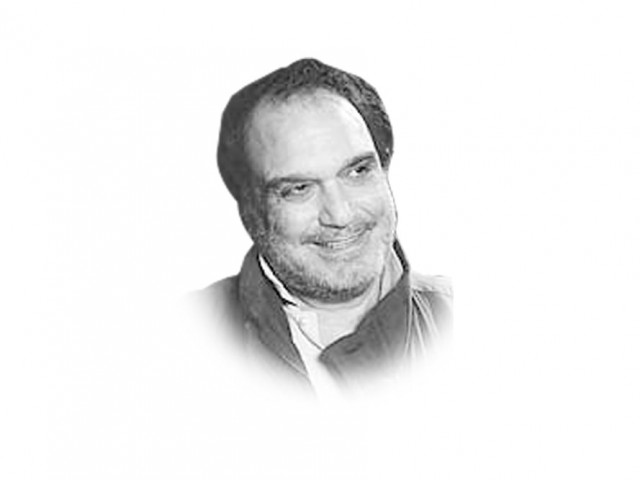This thing called Islamophobia
Truth is Muslim refusal to integrate, in closed ethnic communities makes it difficult for citizens to embrace this.

This thing called Islamophobia
But Europe’s thinking about Muslims, not all immigrants, is changing. They are turning away from the tolerance of multiculturalism to a stricter regime of ‘national culture’. As that new order takes hold, Muslims will find themselves at a disadvantage. European prejudice rests on several incidents in recent years: the 2004 Madrid and the 2005 London attacks, the 2004 ban of the headscarf coupled with the 2011 ban of the ‘burqa’ in France, the 2005 Paris riots, the 2006 Danish cartoon incident and several high-profile murders.
The July 2011 killing spree in Norway by Breivik, who preached against multiculturalism and ‘Islamisation of Western Europe’ has further underscored the deepening tensions on the continent. The Muslims are poorly integrated compared to other immigrant communities. Can one avoid discussing this aspect of the problem?
One reason for resistance to integration is the quality of manpower that emigrates from the Muslim world and the other is their loyalty to sharia.
In a thoughtful book Transnational Islam: Religion, Ideology and Power (Pluto Press 2004), an article titled “Islam: An Alternative Globalism and Reflections on the Netherlands”, by Jan Nederveen Pieterse, says: “Common understandings of the way Muslims define their boundaries with Dutch society focus on the areas of purity, sexuality and religion. Purity relates to food (pork, halal meat), drink (alcohol) and habits of cleanliness. Sexuality relates to control over women. In terms of religion, Muslims may view the Netherlands as an anti-Islamic country because of its degree of secularisation in the separation of church and state. Such boundaries give a sense of self-worth. Purity and sexuality provide a sense of moral superiority, which may compensate for class inferiority” (p.98).
The truth is that Muslim refusal to integrate has resulted in closed ethnic neighbourhoods, high crime rates in Muslim communities, calls for use of Sharia law in Europe and the wearing of the veil. Muslim scholar at Oxford University Tariq Ramadan says: “Over the last two decades Islam has become connected to so many controversial debates it is difficult for ordinary citizens to embrace this new Muslim presence as a positive factor.”
Muslim governments got together in the Organisation of Islamic Cooperation (OIC) to plan some kind of response to the rising anti-Islamic sentiment in the West. In 2008, the OIC (then known as the Organisation of Islamic Conference) established an observatory on Islamophobia at its General Secretariat. Its 35th Council of Foreign Ministers, noted manifestations of Islamophobia and the rising trend of Islamophobia in parts of the western world.
Ekmeleddin Hisanoglu, the ninth secretary-general of the OIC, in his book The Islamic World in the New Century (Hurst & Company 2010), has outlined Islamophobia in the West, but has not taken much note of the provocation to the baser European self offered by the expat Muslims who resist integration and do not show moderation in the face of what they think is discrimination and injustice. The OIC has not set up any monitoring cell to observe the behaviour patterns of the Muslim communities in Europe.
The latest race-based rioting in the UK has served to somewhat tone down the prejudice of the intolerant Briton. The Muslim community, a majority of whom is Pakistani, not only stayed away from violence and crime, but gave a good account of themselves as loyal British citizens.
Published in The Express Tribune, August 28th, 2011.














COMMENTS
Comments are moderated and generally will be posted if they are on-topic and not abusive.
For more information, please see our Comments FAQ